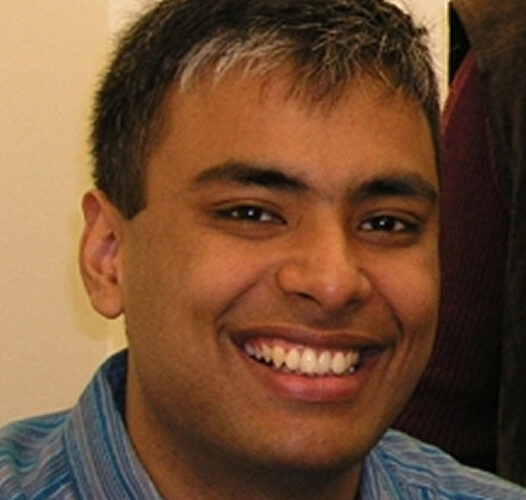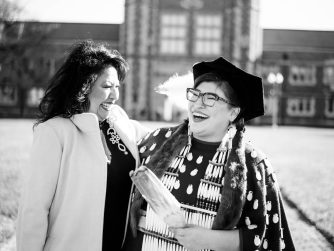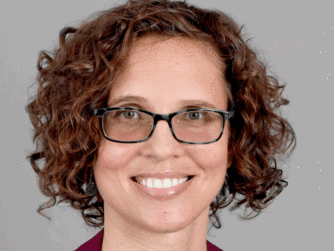Alankaar Sharma
This is the second of two episodes in which Alankaar Sharma discusses his work comparing and contrasting the well-known Tuskegee Syphilis Experiments and the lesser known Negro Project, both intended to further knowledge related to prevention and reducing the extent of sexually transmitted disease in African-American men. Here, Mr. Sharma concludes his discussion by attempting to answer the question, “Why the immense difference in support and time between the two studies?” He concludes with comments about African-American access to health care services today, and “post-racial” America.
Interviewer: Adjoa Robinson, PhD, MSW





